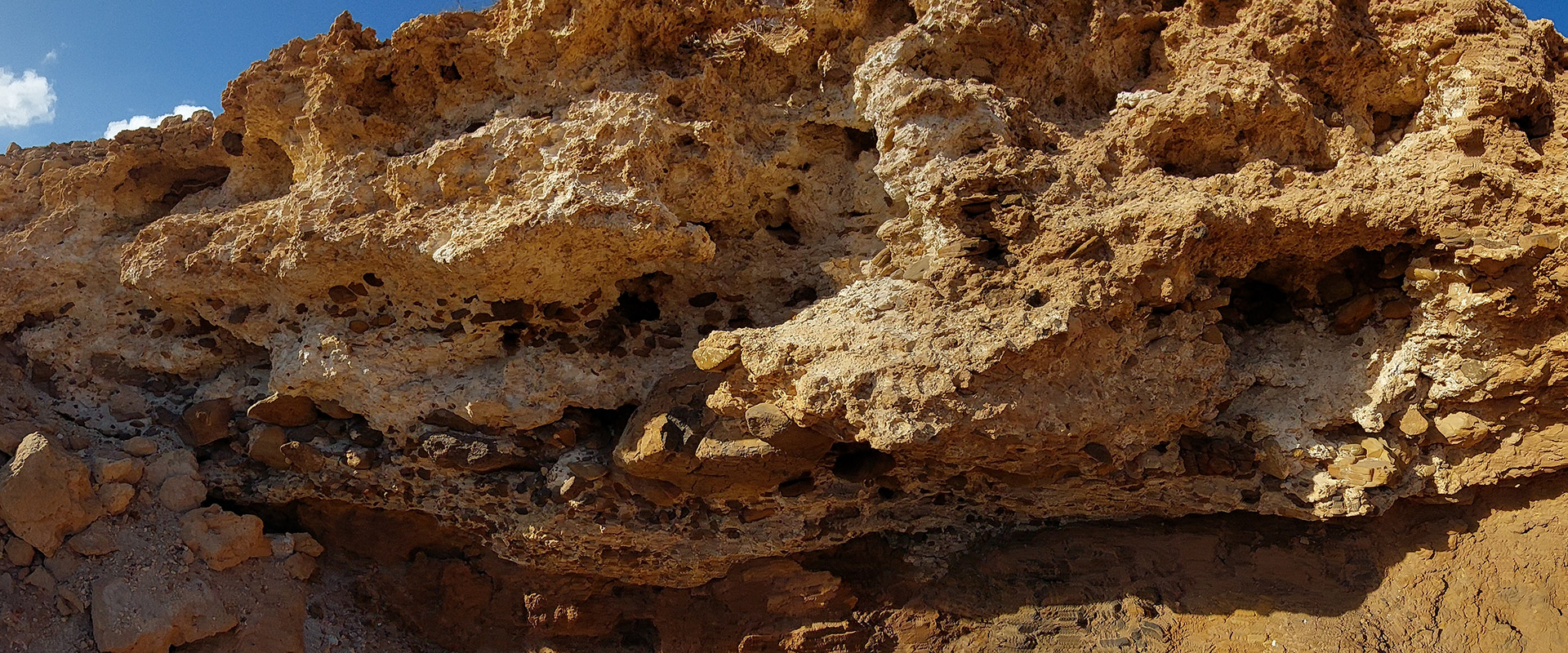About Us
Vision
MPDb project proposes to construct a multipurpose e-facility dedicated to the fossil record of the Macaronesia (Azores, Madeira, Selvagens, Canary Islands and Cabo Verde), open to citizens, governmental organizations, NGOs, other public institutions and industry.
Mission
Objectives
- information on fossil species (e.g., age, geographic range, species morphological descriptions, images, palaeoecological data);
- geological description (including stratigraphic, lithological, deposition environment and taphonomic data), images, video and geo-localisation of the studied fossiliferous outcrops;
- housed material and points of contact;
- the most relevant palaeontological literature.
2 – To create a platform for optimal accessibility and sharing of scientific knowledge on the Macaronesian fossils;
3 – To review, update and standardize available data, including information taken from reference collection catalogues;
4 – To provide end-users with updated and accurate information on local and regional palaeobiodiversity;
5 – To develop a powerful tool at local and regional level for effective policymaking by the Macaronesian governments;
6 – To promote the palaeontological heritage of the Macaronesia and to foster its conservation.

Background
Palaeontology, or Palaeobiology, as it is sometimes referred today, is the science that studies the fauna and flora of the geological past, as well as the interactions between species, and species and the environment.
Ideally, science has pluralistic nature, and nothing embodies better this premise than palaeontology, in terms of subjects, disciplines and outputs, both within the scientific community and society at large.
Palaeontologists have access to a unique data resource: the fossils.
Its study is a major framework contributor to the construction of the tree of life, a major focus of disciplines such as systematics, evolution, biogeography and thus, the study of biodiversity processes and patterns.
Nowadays, palaeontology is a key science to reconstruct vanished biomes and it plays a key role in the understanding of global issues such as climate and biodiversity change.
Palaeo(bio)diversity information is also used by agencies dedicated to conservation (e.g., designing conservation-development policies) and education (e.g., designing school/university curriculums) to private companies (e.g., designing competitive new touristic products).
Palaeontological data is also an important tool for the development of original strategies regarding the sustainable development and uses of natural resources, with the introduction of innovative concepts such as that of “PalaeoPark”, i.e., legal entities dedicated to the preservation and divulge of the paleontological heritage (e.g., the pioneer “Santa Maria PalaeoPark” in the Azores).
Finally, projects involving palaeontological online databases have been developing at an international level by using already established online facilities (e.g., Global Biodiversity Information Facility – GBIF) or as stand-alone online databases (e.g., Paleobiology Database – PBDB).
Geographic scope
In the North Atlantic, the islands that compose the archipelagos of the Macaronesia (Azores, Madeira, Selvagens, Canary Islands and Cabo Verde) can be characterized as prominent volcanic features that rise abruptly from the deep-sea to shallower waters.
These archipelagos are known to have unique fossiliferous outcrops since as early as the late 1800s.
A multidisciplinary approach is necessary to address the palaeobiodiversity enclosed in the Macaronesia fossil record, with the need of geologists, palaeontologists and biologists expertise.
Different depositional environments are present (from pure erosional to storm/tsunami related), different realms need to be studied (from marine to terrestrial) and there is a wide range of organisms (from algae to cetaceans).
Furthermore, the unique volcanic nature of these archipelagos helped to encapsulate (and thus, to preserve) its unique fossil record.
Though restricted in terms of representation within the geological time scale (mostly from Miocene to Pleistocene), the Macaronesian fossil record is extremely important for evolutionary studies, because it has seldom been recorded in corresponding continental landmasses.
Presently, it gains particular significance as these Epochs enclose the ages of important climate changes that shaped biodiversity patterns on Earth as we know today.
Thus, there is an urgent need to improve data collection and, if possible, to complement it with modelling approaches.
